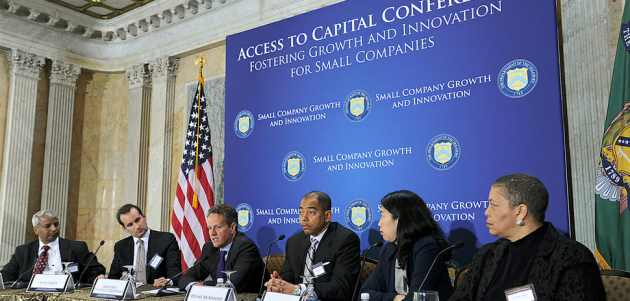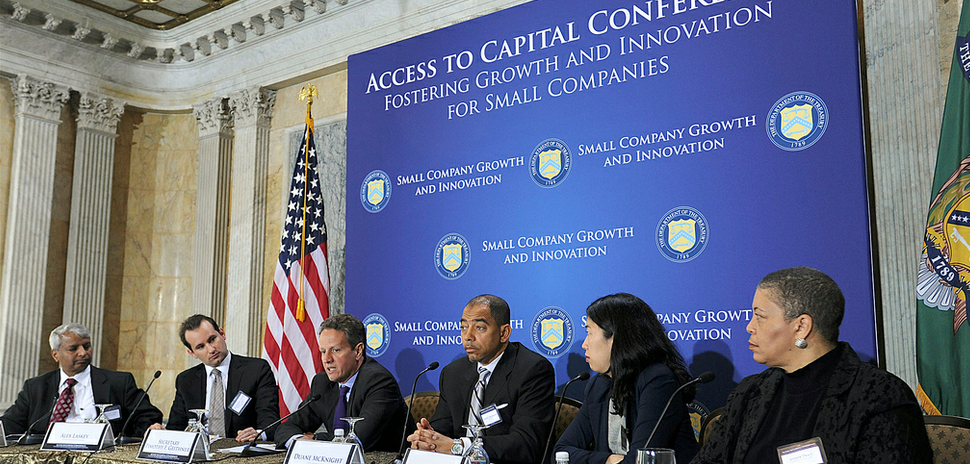In a couple of weeks, we will see the three year anniversary of the end of the Great Recession, which was the worst economic crisis to hit the United States since the 1930’s and ran from December of 2007 through June of 2009. (For those of you who aren’t familiar with the definition of the term recession, it refers to a period when a nation’s economy, as measured by Gross Domestic Product, or GDP, shrinks for two consecutive business quarters.)

Have we learned any lessons from the Great Recession, three years after it officially ended? I'm not so sure we have.
Prior to the most recent downturn, the United States had experienced recessions in 2001, 1990-1991, 1981-1982, 1980, 1973-1975, 1969-1970, 1960-1961, 1957-1958, 1953-1954, 1948-1949, 1945, 1937-1938, and of course, then we arrive back at the most painful economic event in 600 years, the 1929-1933 collapse. Before that, there had been short-term scares like the 1907 panic, but the most life altering event was the horrific deflation of the 1870’s.
Have We Learned Anything from the Great Recession?
I’m curious as to how the 2000 through 2010 decade will influence the long-term psychology of my generation. On one hand, the elite, the top 5% on up, were virtually unaffected. In my personal case, I, as well as everyone I know, is much better off than they were five years ago. Portfolio values are higher, dividends have increased, companies have grown, job promotions have been won, children have been born, homes have been renovated, multiple vacations have been taken, weddings have occurred, books have been written, and charities have been founded. God knows I wouldn’t go back to late 2007 if someone gave me the opportunity – I’ve made far too much progress toward my long-term life goals. Nearly all of my friends are in the top 10% to 20%, at the very minimum, and the story is much the same for their families.
[mainbodyad]It’s been a really great time, even though a lot of us watched the paper holdings we have in the equity markets drop by 50% or more for an 18 month period in there. That isn’t surprising. Fluctuations of that magnitude happen every few years for anyone who bothers to study the Ibbotson & Associates Annual Yearbook, which documents returns for various asset classes going back a couple of centuries. If that sort of things scares you because you don’t understand what it is you own, you shouldn’t invest in stocks. You don’t have to invest in stocks to get rich. Shares are just another potential tool.
On the other hand, the rest of the country has suffered. The Great Recession destroyed a lot of lives. Some of my old classmates became homeless, for all intents and purposes. Many worked as baristas for barely above minimum wage, only they had the insufferable indignity of making $1,000+ per month student loan payments. Their lives have turned out to be struggle, disappointment, and heartache. Some lost considerable money in the stock market, now convincing themselves that it is just a form of legalized gambling rather than investing (these are the same types of people who would be buying the Facebook IPO, by the way, and don’t know the difference between investing and speculating).
The banking sector still hasn’t seen any meaningful reform. It is all just a band-aid, anyway, until Glass-Steagall is brought back into law. I think the entire thing needs to be broken up with a strict prohibition against any capital market activities by institutions that take and loan deposits.
Will the average family, Wall Street, and the culture learn any lessons from the Great Recession, or will history repeat itself? I’m intrigued to know how the play turns out in the end.



